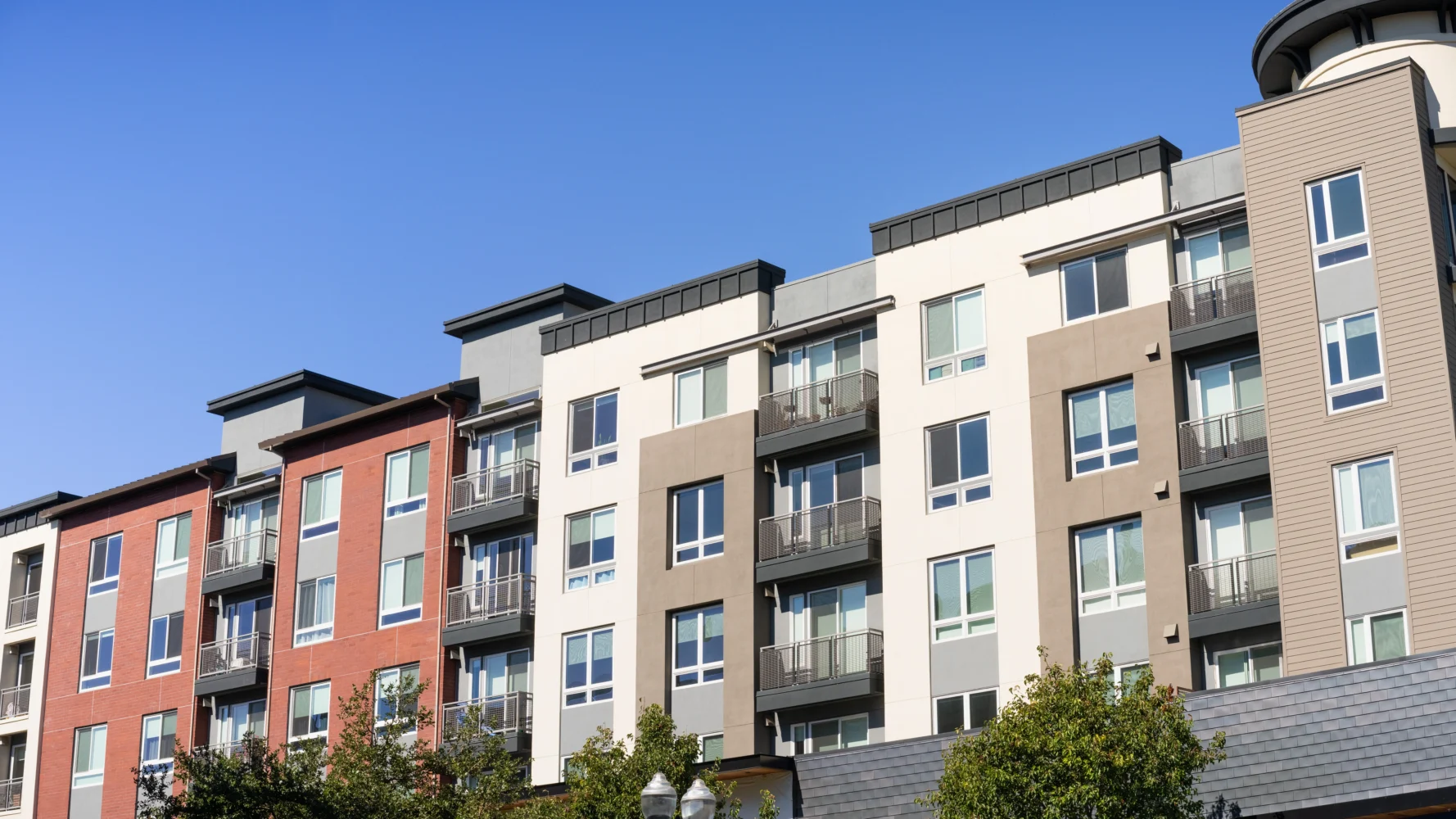
Colorado Construction Defect Attorneys
At Elkus & Sisson, P.C., our experienced attorneys represent property owners, HOAs, and businesses
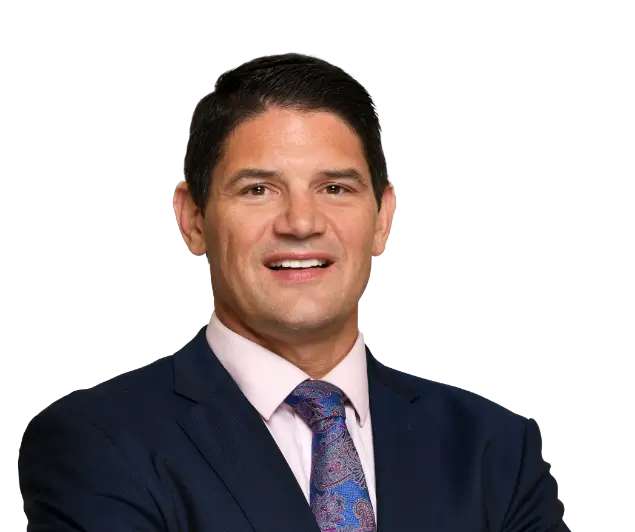

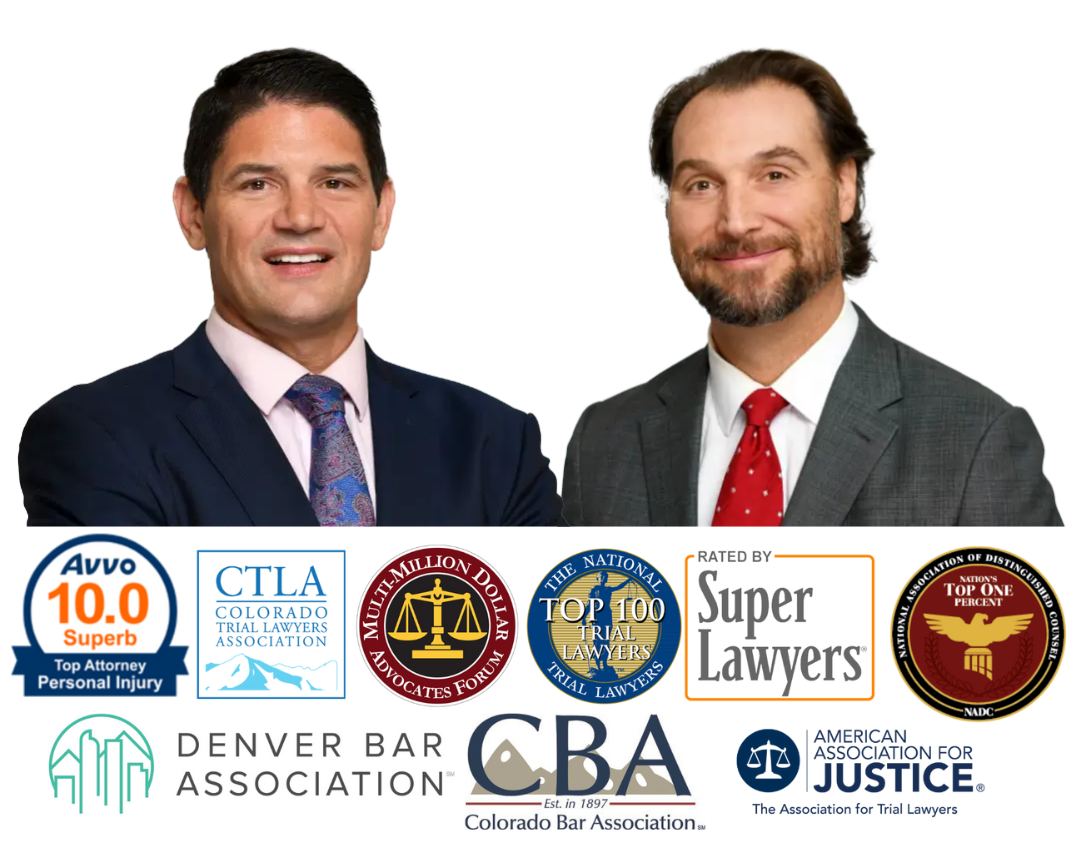
Construction defects can be costly and disruptive, affecting the safety, value, and integrity of your property. Whether you own a single-family home, condominium, or commercial building, the consequences of construction defects can be severe, often requiring significant repairs. In Colorado, property owners and homeowners associations (HOAs) are protected by laws designed to address these defects, but navigating the legal process can be complex.
At Elkus & Sisson, P.C., our experienced construction defect attorneys represent homeowners, homeowners associations (HOAs), and businesses across Colorado, including Denver, Aurora, Boulder, and the surrounding metropolitan areas. We provide comprehensive legal counsel and representation, assisting clients in seeking damages for construction defects and holding negligent contractors, developers, and other responsible parties accountable under Colorado law.
Understanding Construction Defect Laws in Colorado
Under Colorado’s Construction Defect Action Reform Act (CDARA), homeowners and associations must follow specific notice, inspection, and repair procedures before filing a construction defect lawsuit. These laws aim to balance the rights of property owners with the interests of builders and developers by encouraging early resolution and fair compensation.
Pre-suit (CDARA) steps, in brief:
- Written Notice of Claim served at least 75 days before filing (residential) or 90 days (many commercial matters).
- Opportunity for inspection/testing (typically within ~30 days of notice).
- Repair/settlement offer window (generally within 30 days after inspection; 45 for many commercial claims).
If you’ve sent or received a Notice of Claim (NOC), we can review timelines and offers and advise next steps. If a matter does not resolve during CDARA, we proceed with litigation or arbitration, depending on your contracts and case strategy.
Common legal issues that arise in construction defect cases include:
- Breach of warranty or contract
- Negligent construction or design
- Violations of building codes
- Use of defective materials
- Failure to meet engineering or architectural standards
Our attorneys understand the technical and procedural challenges involved in these cases. Whether you are dealing with a single-family home defect or large-scale HOA construction claims, we help ensure compliance with Colorado’s statutory requirements while aggressively pursuing your right to recovery.
Common Construction Defects in Colorado
Certain defects are more commonly encountered in the construction of both residential and commercial properties. These defects often involve significant safety risks and can be costly to repair.
Below are some of the most prevalent defects seen in Colorado properties:
Roofs
- Common Issues: Roof failures often involve leaks, missing shingles, sagging, improper installation, or use of substandard materials.
- Legal Implications: Roof defects typically lead to water intrusion, which may cause mold, damage to interior structures, and a compromised living or working environment. These issues may fall under breach of contract or warranty claims.
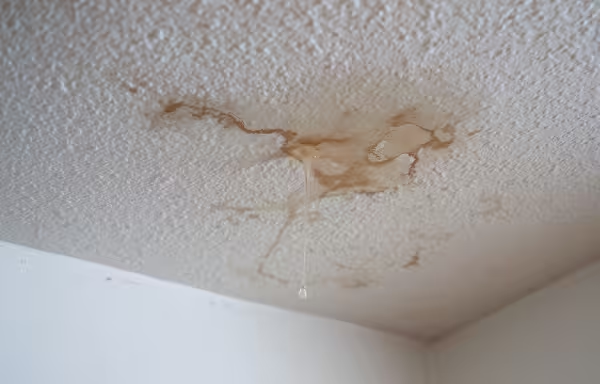
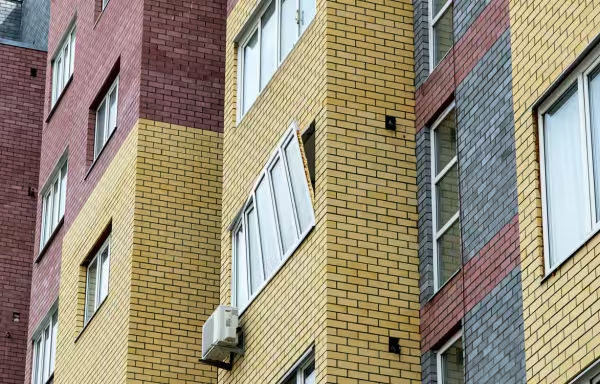
Windows
- Common Issues: Issues such as water leaks, improper installation, and air infiltration due to faulty sealing or defective window units.
- Legal Implications: Defective windows may lead to water damage, mold growth, and energy inefficiencies, all of which impact the overall value and livability of the property. Claims may include warranty breaches or negligence in installation.
Decks & Balconies
- Common Issues: Structural failures, wood rot, improper construction, or the use of inferior materials in the building of decks or balconies.
- Legal Implications: Decks and balconies are subject to building codes due to their potential risk to occupants. Defects can lead to liability for injuries or damages resulting from structural failure, making these cases critical for property owners to address promptly.
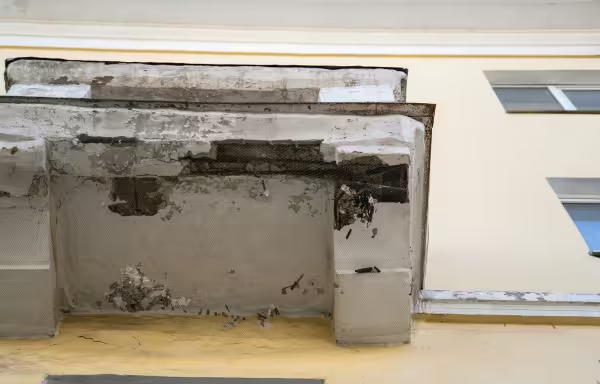

Structural Defects
- Common Issues: Foundation settling, structural cracks, wall or ceiling failures, and improperly designed or installed load-bearing elements.
- Legal Implications: Structural defects can result in serious safety hazards and significant damage to the integrity of the building. In most cases, these defects are actionable under breach of contract, negligence, or strict liability theories, depending on the circumstances.
Mechanical Defects
- Common Issues: Defective plumbing, HVAC systems, electrical systems, or improperly installed mechanical systems.
- Legal Implications: Mechanical defects are particularly dangerous as they can pose risks such as fire hazards, flooding, or unsafe living conditions. These defects are typically addressed under warranty claims or negligence claims if the installation was improperly executed.
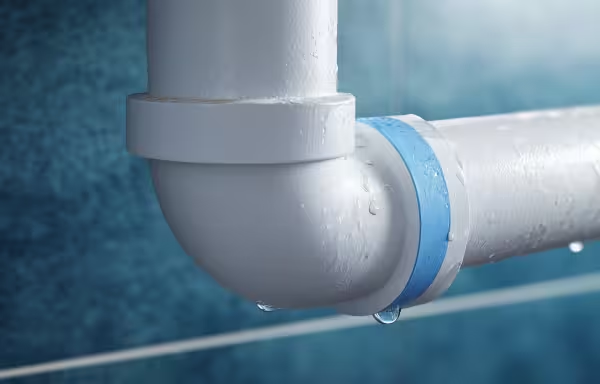
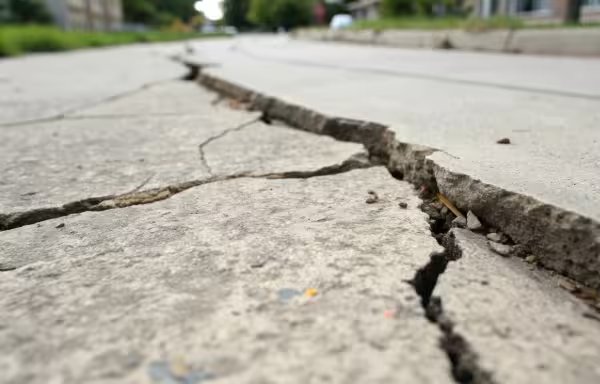
Expansive Soils & Foundation Movement
- Common Issues: Heave/settlement, differential movement, slab/foundation cracks, misaligned doors/windows.
- Legal Implications: Often systemic along the Front Range; may implicate soils reports, design choices, and drainage.
Grading & Drainage
- Common Issues: Negative slope, missing/failed drainage, chronic moisture at foundation.
- Legal Implications: Frequently paired with envelope and soils claims; ties directly to water intrusion and movement.
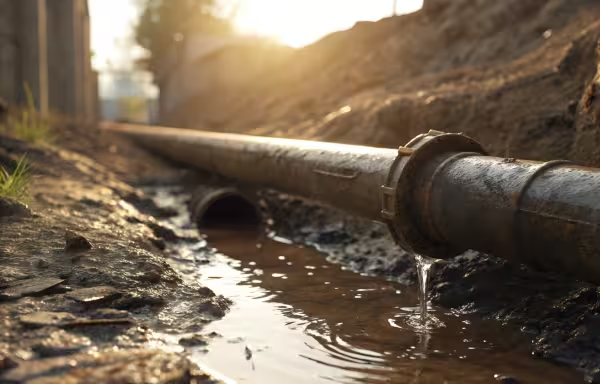
Common Types of Construction Projects in Colorado
Construction defects can manifest in various types of projects, each with its own unique set of challenges. Understanding these differences is essential in identifying potential defects and taking the appropriate legal steps.
- Common Issues: Negative slope, missing/failed drainage, chronic moisture at foundation.
- Legal Implications: Frequently paired with envelope and soils claims; ties directly to water intrusion and movement.
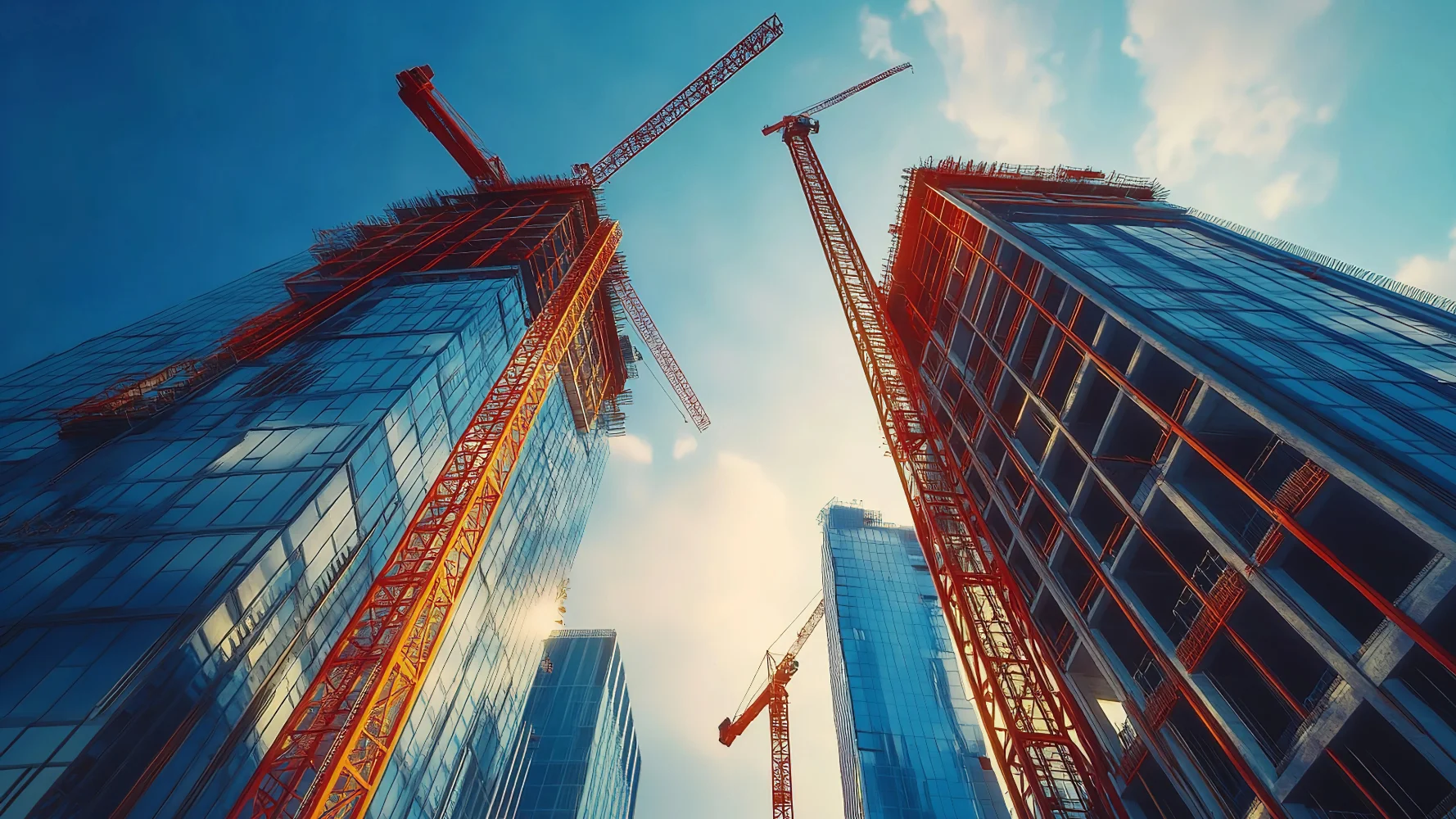
High Rises
- Typical Defects: Foundation issues, structural failures, and faulty HVAC systems or plumbing.
- Legal Implications: High-rise buildings, due to their size and complexity, are subject to increased scrutiny during construction. Defects in high-rise buildings can result in significant safety hazards and costly repairs, often requiring legal intervention for remediation.
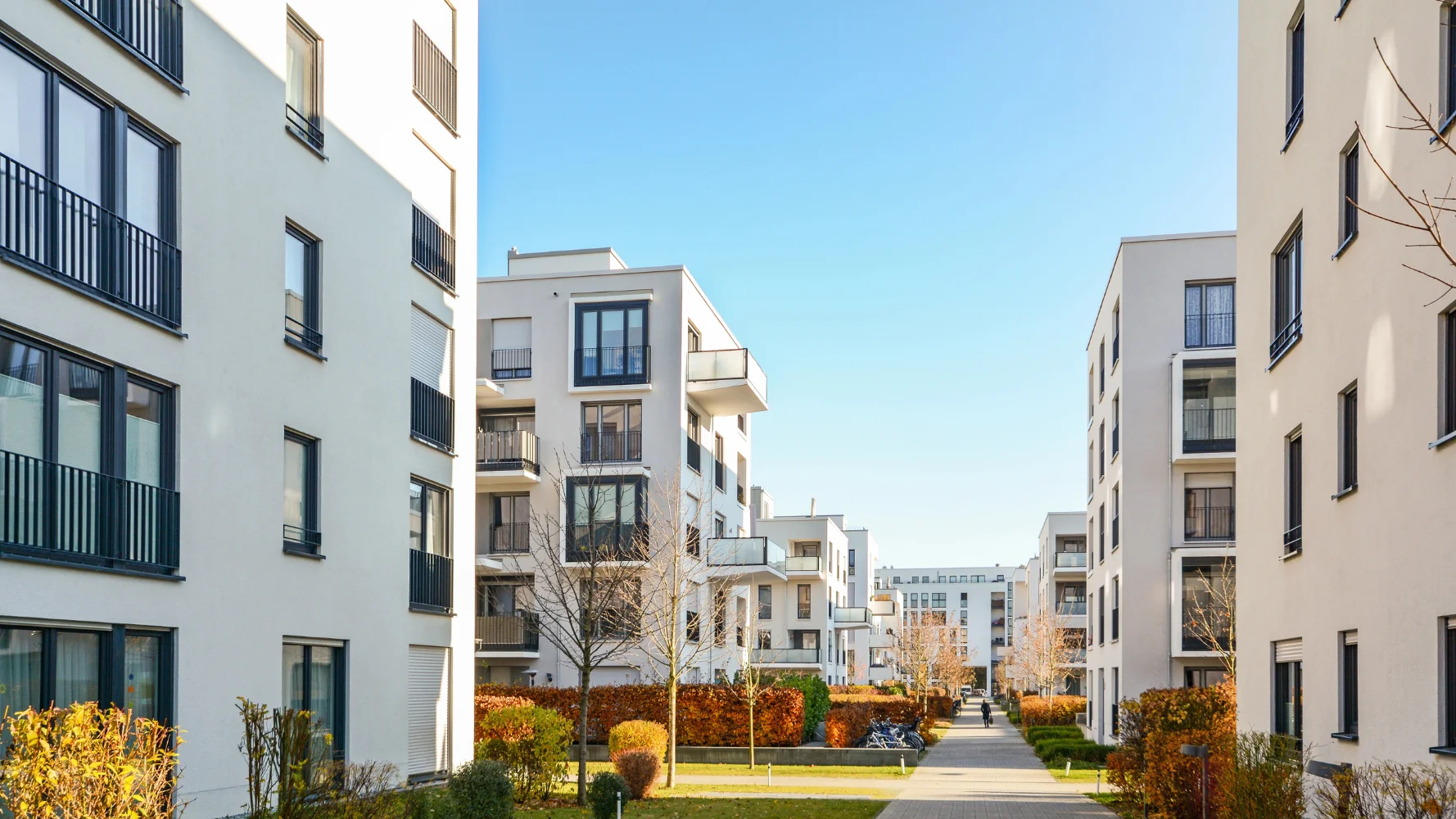
Apartments
- Typical Defects: Leaking roofs, faulty plumbing, structural settlement, and electrical issues.
- Legal Implications: Construction defects in apartment buildings may affect both the individual tenants and the property owner. Claims can involve complex issues, especially when multiple units are impacted, necessitating prompt and collective legal action.
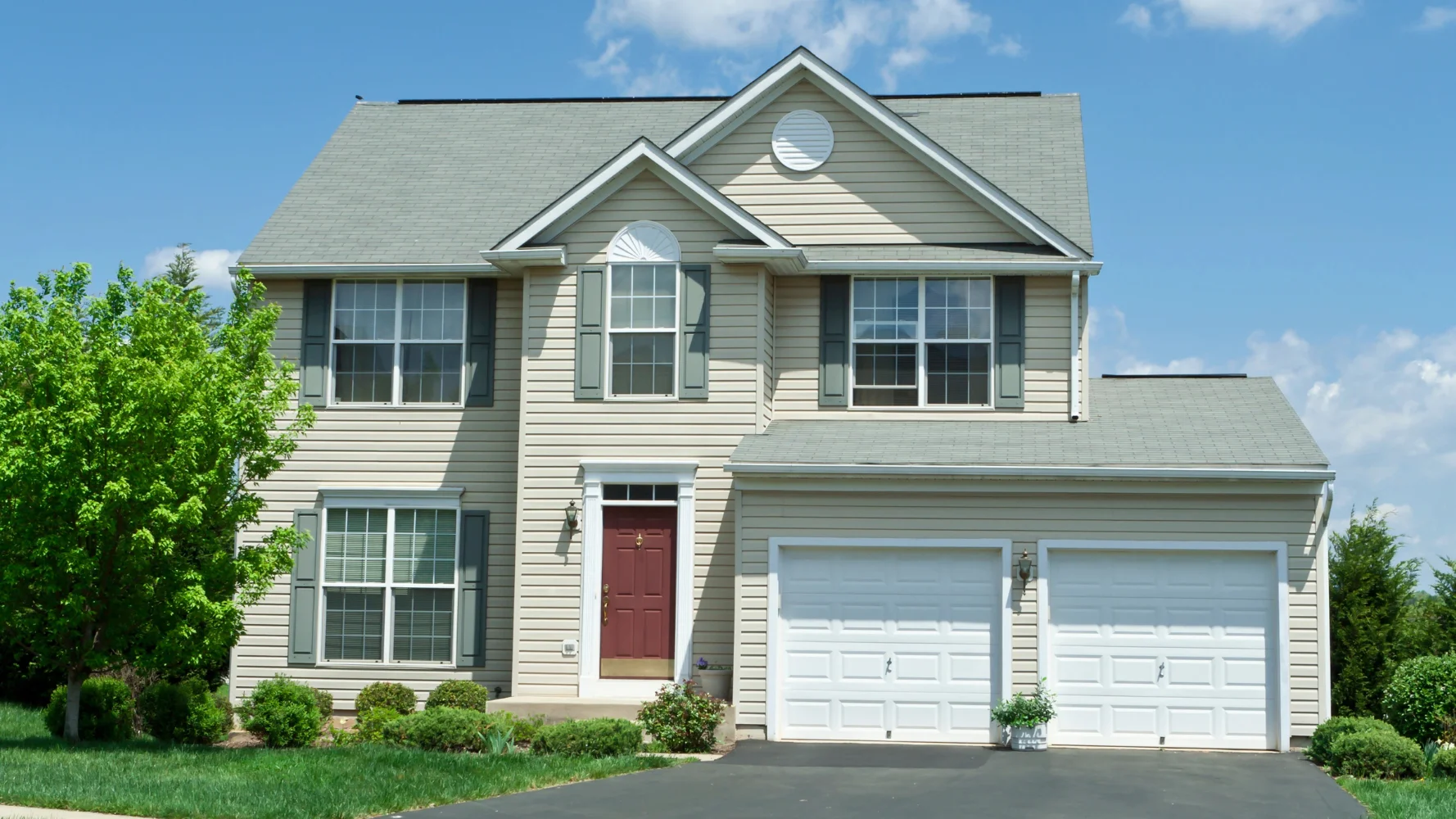
Single Family Homes
- Typical Defects: Foundation problems, water intrusion, roofing defects, and structural issues.
- Legal Implications: Single-family homes are more individualized projects, making it easier to pinpoint defects but potentially costly to repair. Legal claims often involve breach of contract, warranties, or negligence claims against builders or developers.
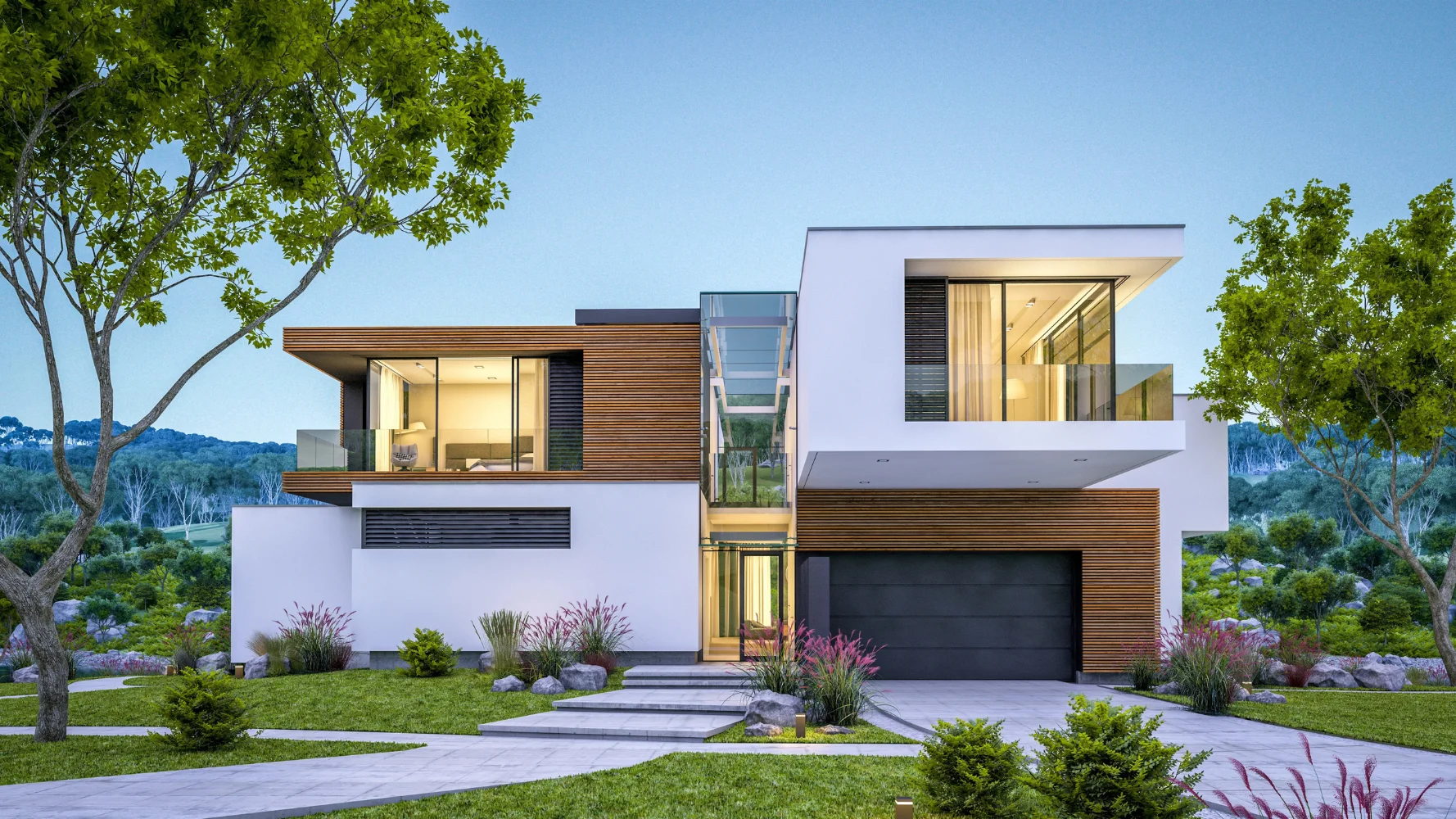
Custom Homes
- Typical Defects: Design flaws, structural issues, and improper material selection.
- Legal Implications: Custom homes are often tailored to the specific needs of the homeowner. Defects in custom homes often arise from unique or specialized construction elements and can lead to disputes over the quality of materials, labor, or design flaws.
- Typical Defects: Plumbing failures, HVAC issues, foundation settling, and structural weaknesses.
- Legal Implications: Commercial properties face complex construction challenges, and defects can disrupt business operations. Claims typically involve both the property owner and tenants, depending on the nature of the defect.
How Construction Defect Laws in Colorado Protect You
Colorado law provides specific protections for property owners dealing with construction defects. Under CDARA, the process for pursuing a construction defect claim is governed by strict timelines and procedures, including:
- Notice Requirements: Property owners must provide written notice of the defect to the builder or contractor, allowing them to inspect the property.
- Offer Window: The construction professional may make a repair or settlement offer within the statutory window after inspection.
- Statute of Limitations: Most claims are subject to a two-year statute of limitations from discovery of the defect’s physical manifestation, and a six-year statute of repose from substantial completion (which can extend up to eight years if the issue arises in year five or six). Act promptly to preserve your rights.
How Our Colorado Construction Defect Attorneys Can Help
At Elkus & Sisson, P.C., our experienced construction defect attorneys are here to assist you throughout the process of identifying and resolving construction defects. We can help by:
- Evaluating Your Claim: Assess whether your issues meet legal standards under Colorado law.
- Notifying the Responsible Parties: Meet notice requirements and coordinate inspections with contractors, developers, and insurers.
- Gathering Evidence: Working with experts to document defects and support your claim with photographs, engineering reports, and inspection findings.
- Pursuing Legal Remedies: Negotiate or litigate to recover repair costs, related damages, and other losses
Steps to Take If You Have a Construction Defect
If you suspect your property has been impacted by a construction defect, it’s crucial to take the following steps:
- Document the Defect: Take photographs and keep detailed records of the damage or issues you’re facing.
- Notify the Builder or Contractor: Follow the requirements of CDARA by notifying the builder or contractor of the defect and providing them with an opportunity to inspect the issue.
- Consult an Attorney: Contact a skilled Colorado construction defect attorney to evaluate your case and provide guidance on your legal options.
- File Your Claim: Ensure that your legal claim is filed within the required time frame and that all necessary documents are submitted.
- Preserve Evidence: Avoid destructive testing or repairs that could erase proof until strategy is set with counsel.
Meet Our Colorado Construction Defect Attorneys
At Elkus & Sisson, P.C., our team of experienced attorneys is dedicated to helping property owners across Denver, Aurora, Boulder, and beyond navigate construction defect claims. We have a proven track record of success in holding contractors, developers, and builders accountable for defective work and ensuring our clients receive the compensation they deserve.

Donald Sisson
Donald Sisson is an accomplished lead counsel in Denver, CO with many successful outcomes in various areas of practice including complex civil litigation, construction law, real estate litigation, corporate disputes, personal injury, and police defense…

Reid Elkus
Reid Elkus’ representation of his clients ranges from individual and small businesses to very large corporations in several areas of the law. Having litigated a vast array of cases in matters including complex security cases, breach of contract, breach of partnership matters…

Client Stories
I highly recommend Colorado Accident Attorneys. Their services are awesome!! Angela de la Garza was very instrumental in getting my settlement. Always kept me informed and offered me good advice in how to go forward in my slip & fall lawsuit. I…
— Wayne N.
From the date I contacted Colorado Accident Attorneys I talked to Angela De La Garza I knew I had found a great lawyer. Back in 2019 I needed a Lawyer; for my husband, he had a very bad fall on Nov 27,2019,…
— Geronimo and Rumalda P.
We contacted Colorado Accident Attorneys about a legal issue. My husband’s call was returned promptly. Our experience was five stars all the way through the process. Brad Hansen was the attorney and Angela De La Garza his assistant. Both treated us with…
— Anonymous
Frequently Asked Questions
What should I do first if I suspect a construction defect?
Document with photos, gather contracts/warranties, and speak with an attorney before repairs due to CDARA notice rules.
How long do I have to bring a claim?
Generally 2 years from discovery and 6 years from completion, up to 8 if the issue appears in year 5 or 6.
What is the CDARA Notice of Claim process?
Serve written notice, allow inspection/testing, and review any repair or settlement offer before filing suit.
Can my HOA file a claim?
Yes. HOAs often pursue claims for common areas and some unit issues, following CDARA procedures.
What damages are recoverable?
Typically repair costs and related expenses; fees or expert costs may be available by contract or statute.
Schedule Consultation
If your property has been impacted by a construction defect, contact Elkus & Sisson, P.C. today. Call 303-529-8552 or contact us online to schedule a consultation with an experienced construction defect attorney. We’ll assess your situation, explain your rights, and guide you through the process of seeking compensation for your damages.



